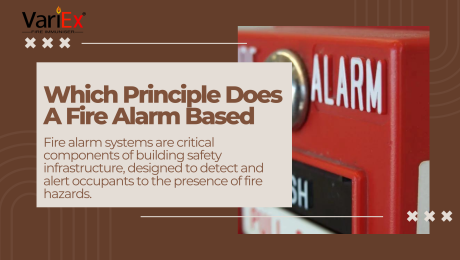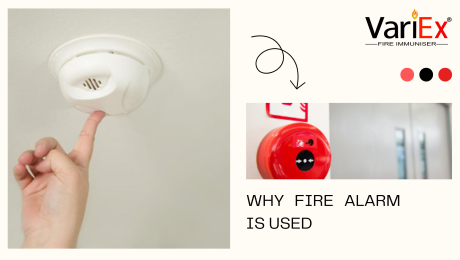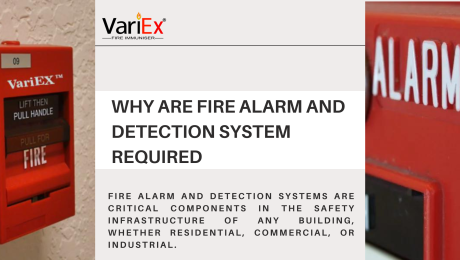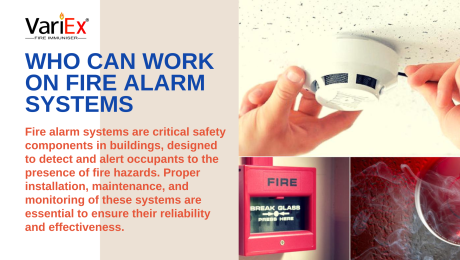A fire alarm, a paramount safety device, detects and alerts individuals to fire, ensuring rapid response and evacuation. Essential in homes, businesses, and public spaces, these alarms use various sensors, such as smoke and heat detectors, to identify potential threats. Upon detection, the alarm emits a loud, distinctive signal, serving as an early warning system. Modern fire alarms often integrate advanced technologies, including carbon monoxide detection capabilities, providing comprehensive protection. Regular testing, maintenance, and adherence to safety standards are crucial to guarantee the system’s reliability. Investing in a reliable fire alarm system is not just a precautionary measure; it is a proactive step towards safeguarding lives and property, emphasizing the crucial role these devices play in comprehensive fire safety strategies.
Which Principle Does A Fire Alarm Based
- Published in Fire Alarm
Why We Use End Of Resister In Fire Alarm System
- Published in Fire Alarm
Why Close Circuit Used To 47Ohms By Fire Alarm
- Published in Fire Alarm
Why Should Fire Alarms Be Placed On The Ceelings
- Published in Fire Alarm
Why Fire Alarm Should Be Connect With Ups Power
- Published in Fire Alarm
Why False Fire Alarms Lead To Fire Accidents
- Published in Fire Alarm
Why False Alarms Lead To Fire Accidents
- Published in Fire Alarm
Why Are Fire Alarm And Detection System Required
- Published in Fire Alarm















